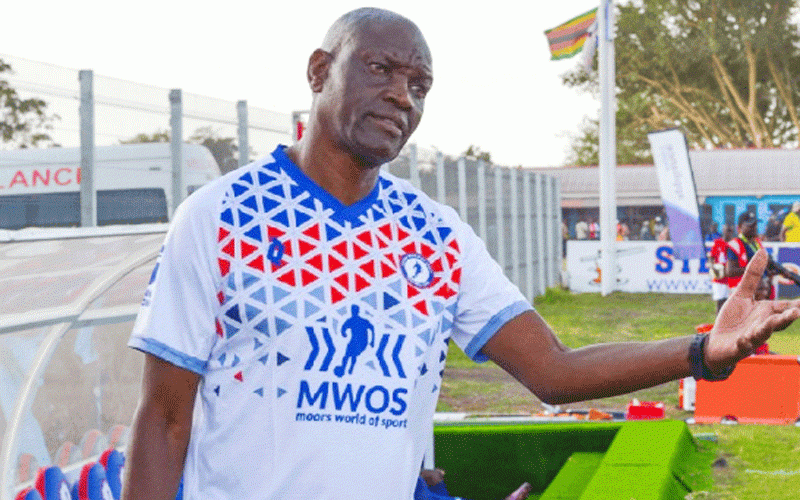
Research findings by Manase Kudzai Chiweshe, a University of Zimbabwe researcher published in a journal, Soccer & Society, shows that for many, supporting the popular Harare club was not a matter of choice.
The study, titled “Understanding the processes of becoming a football fan in an African context: the case of Dynamos Football club fans in Zimbabwe” reveals the DeMbare fans consist of “first generation supporters” and “second generation supporters”, who are the “overzealous.”
“The first group (of supporters) consists of those aged 40 years and above, and then those aged under 40 years.
“There are likely to be differences in terms of how they became fans between these age groups. This may be because of the different contexts of supporting.
“For instance, for the group aged 40 years and above, most of the people started supporting the team when the country was still under colonisation, and thus the team might have appeared as a form of resistance against the colonial government,” the study said.
The study says the first generation supporters might have stronger attachments to the team because of the many years they have invested in supporting the team.
“The second generation supporters are most likely to have been introduced to the team by their fathers and tend to be more zealous in their support than their fathers.”
A respondent in the focus group discussions said that he became a fan of Dynamos because it represented a fight against segregation and racism. However, he claimed that the link between Dynamos and Zanu PF was purely coincidental for him.
- Chamisa under fire over US$120K donation
- Mavhunga puts DeMbare into Chibuku quarterfinals
- Pension funds bet on Cabora Bassa oilfields
- Councils defy govt fire tender directive
Keep Reading
“The fact that they were both formed in 1963 does not mean they shared the same goals, ambitions and views. Another respondent claimed that although it is difficult to ignore the political situation of the 1960s, he mainly became a fan for footballing reasons; the team was entertaining and had some of the best talent in the country.”
For another fan, the only political issue he could link to him becoming a fan was that Dynamos offered him an escape from the stress and humiliation he suffered from his brutal white employers.
The findings for the unstructured in-depth interviews of the first objective for group two (those aged below 40 years) highlighted that 10 of the 15 respondents in the sample were primarily influenced to support Dynamos by a male relative, especially their fathers.
In the focus group discussions, there was general agreement that fathers tended to impose too much pressure on their sons to support the team and the respondents that had sons also confessed putting similar pressure on them.
All 15 respondents attributed the influence of the media in their decision to support Dynamos. The focus group discussions validated the influence of the media in choosing to support the team.
There was general consensus that Dynamos’ games dominated football commentaries on radio and most respondents grew up listening to the voices of commentators such as Evans Mambara (late) and Charles Mabika.
The fathers of most respondents tended to be influential in turning their children into Dynamos fans. Three of the 10 respondents claimed that they were obligated by their fathers to support Dynamos.
One actually claimed that his father made him promise to support the team on his deathbed. The influence of male relatives went to such an extent that all seven respondents claimed that while growing up they had never known about any other team.
Dynamos played their first match at Gwanzura and were well-supported as they beat Yellow Peril. The massive support that followed this match left the authorities feeling threatened, and according to founding club secretary Sam Dauya (late), who was also interviewed for the study, colonial authorities took steps to ban the club thinking that it would soon become a front for a political party.
“Dauya claimed that he was harassed at odd hours by security agents of the colonial government. In years to come, Dynamos would become the most celebrated and successful club and only nine years after its formation, an article in one of the most popular newspapers of Zimbabwe described Dynamos as the glamour club of Rhodesia,” said the study.











